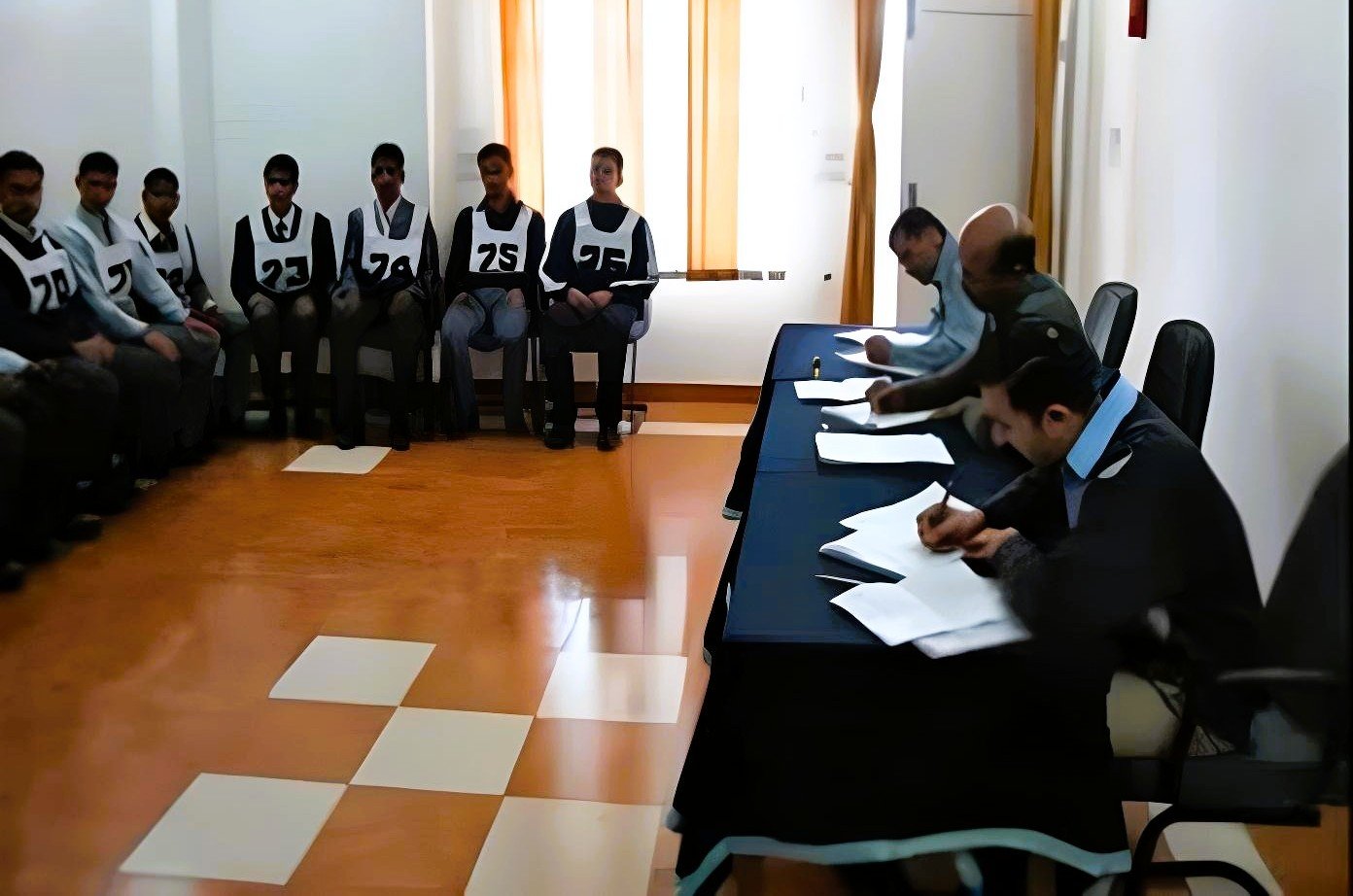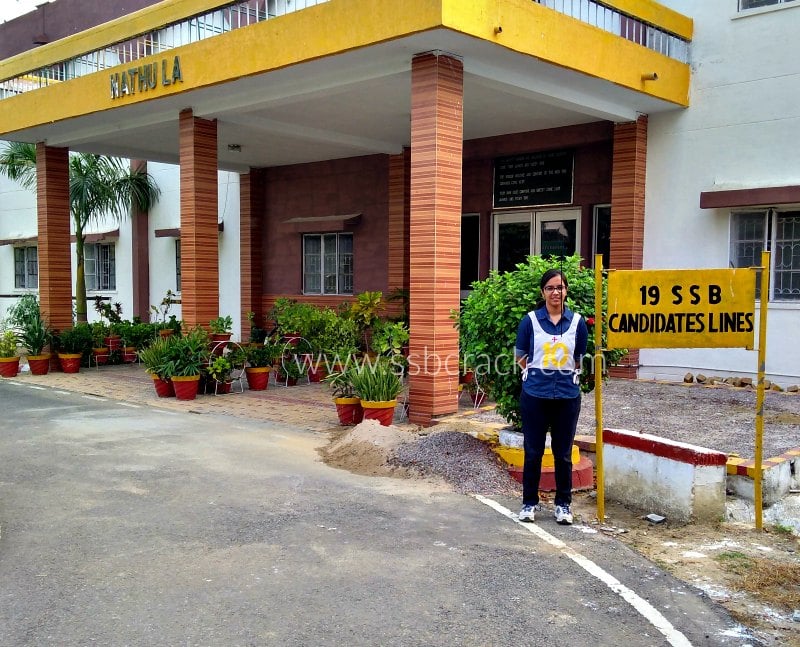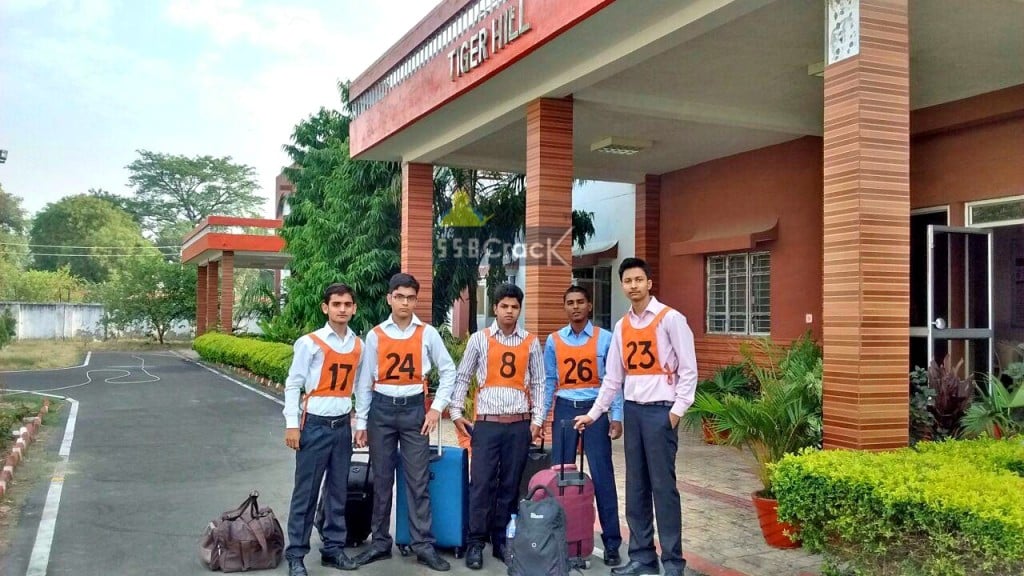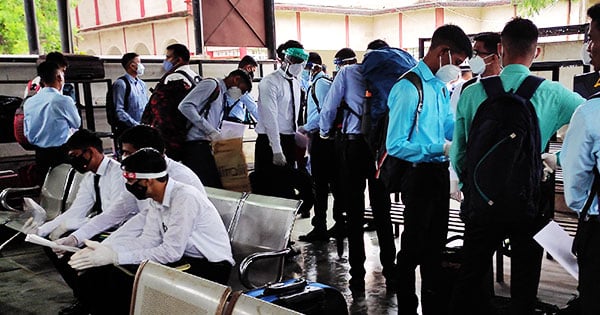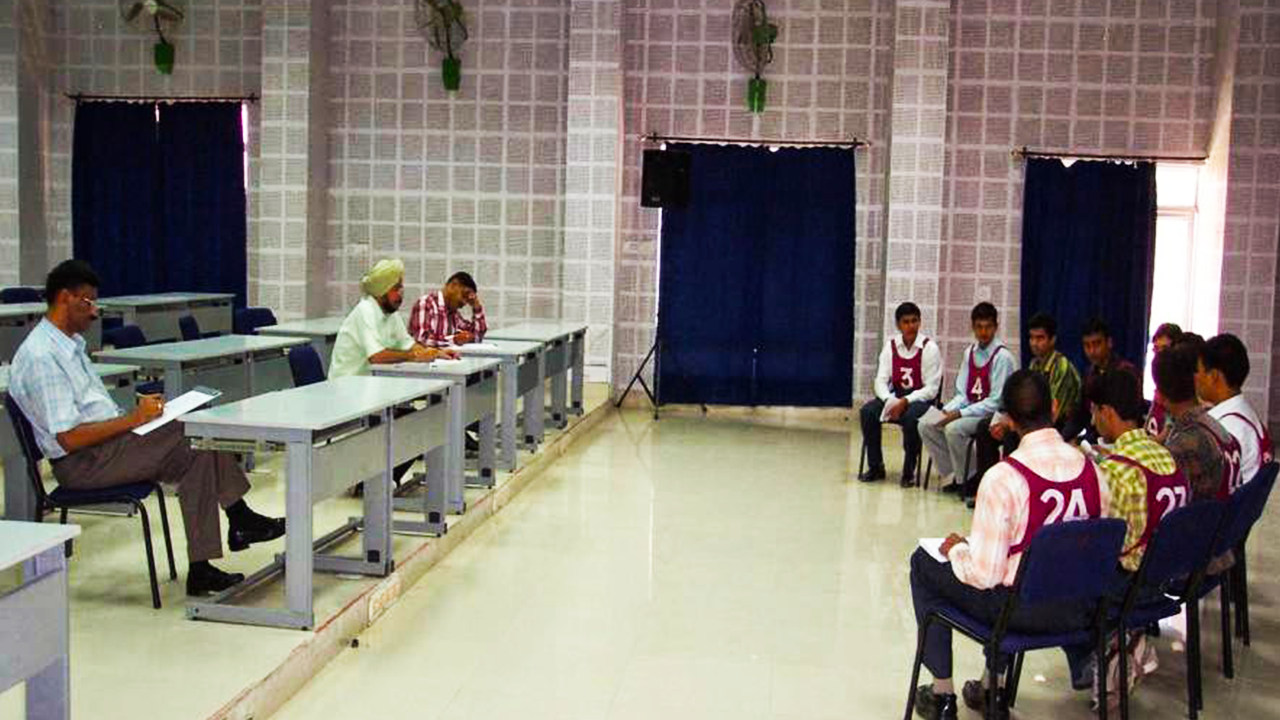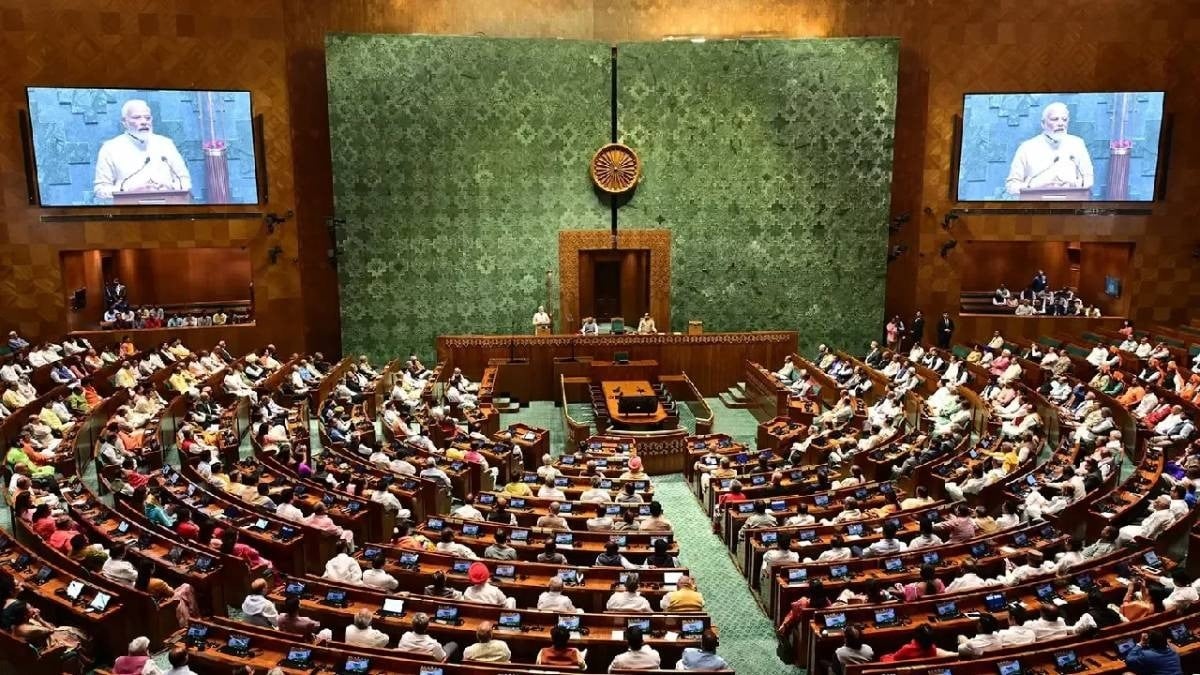The Service Selection Board (SSB) interview is a critical step for candidates aspiring to join the Indian Armed Forces. With a rigorous selection process designed to assess leadership, intelligence, teamwork, and psychological compatibility, it’s no surprise that many candidates find it daunting. Unfortunately, a significant number of candidates do not make it through, but the reasons for failure often go beyond mere academic knowledge or physical aptitude. Understanding these underlying causes can pave the way for success.
Common Reasons for Failure in SSB
1. Lack of Self-Awareness
Many candidates fail to understand their strengths and weaknesses. The SSB emphasizes personal qualities and characteristics, including confidence and self-assuredness. Candidates who lack clarity about who they are or attempt to portray an image that isn’t true to themselves often struggle. Authenticity resonates well with assessors, whereas pretense can lead to inconsistency across various tests.
2. Inadequate Preparation for Psychological Testing
Candidates often underestimate the significance of psychological tests, such as the Thematic Apperception Test (TAT) or the Word Association Test (WAT). These tests are designed to assess your mindset, creativity, and psychological profile. Without sufficient practice, candidates may find themselves unable to articulate their thoughts effectively, thus failing to convey their true potential.
3. Poor Leadership and Teamwork Skills
The SSB evaluates how well candidates work in groups. Many aspirants focus solely on individual brilliance, neglecting essential qualities like collaboration and communication. Candidates who dominate conversations or fail to engage with team members may be perceived as unsuitable for military life, where teamwork is crucial.
4. Failure to Demonstrate Problem-Solving Ability
The GTO (Group Testing Officer) tasks are designed to evaluate how candidates take initiative and resolve conflicts, among other attributes. Candidates who struggle to think on their feet or show indecisiveness can be viewed negatively. It is essential to practice different scenarios and develop a strategic mindset to tackle these challenges.
5. Nervousness and Lack of Confidence
Nerves can easily derail even the most prepared candidate. A confident demeanor can set the tone for the interview and other assessments. Those who exhibit nervousness may come off as unprepared or unfit for the responsibilities associated with military service. Candidates should engage in mock interviews and public speaking to build confidence.
6. Poor Communication Skills
Effective communication is vital in the SSB process. Candidates who cannot articulate their thoughts clearly, whether verbally or in written assessments, may find themselves sidelined. Work on enhancing both verbal and non-verbal communication skills. Engaging in group discussions, debates, and practicing mock interviews can be beneficial.
7. Ignoring Feedback
Many candidates seek to understand the SSB process but fail to act on feedback received from previous attempts or mock interviews. Constructive criticism is invaluable, and candidates should actively seek advice from mentors or trainers and implement it.
How to Avoid Failure and Succeed in SSB
-
Self-Reflection and Assessment: Conduct a thorough self-assessment. Identify your strengths, weaknesses, and unique attributes. This understanding will help you present your authentic self during the interview.
-
Rigorous Psychological Preparation: Practice psychological tests thoroughly. Engage in exercises that develop creative thinking, emotional resilience, and situational analysis. Use sample tests and peer discussions for better preparation.
-
Teamwork Exercises: Participate in group activities, volunteer for leadership roles, and collaborate effectively with others. This experience builds essential teamwork skills and helps foster a cooperative mindset.
-
Practice Problem-Solving: Engage with real-life scenarios that require quick thinking and strategy. Learn to analyze situations promptly, make decisions, and evaluate outcomes.
-
Confidence Building: Engage in activities like public speaking, debates, or drama. Surround yourself with positive influences and set gradual challenges to boost your self-confidence.
-
Enhance Communication Skills: Read extensively, participate in discussions, and practice articulating your thoughts clearly. Seek feedback and refine your delivery.
- Act on Feedback: Always seek feedback post-assessments or mock sessions. Embrace criticism to refine your skills and strategies for success.
Conclusion
Success in the SSB interview requires a well-rounded approach that combines self-awareness, preparation, and interpersonal skills. Many candidates fail not due to a lack of intelligence or capability but because they overlook these essential elements. By understanding the real reasons behind failure and actively working to mitigate them, you can greatly increase your chances of securing a position in the esteemed ranks of the Indian Armed Forces. Remember, the journey to success is as important as the destination itself—so prepare diligently and face your SSB interview with confidence!
